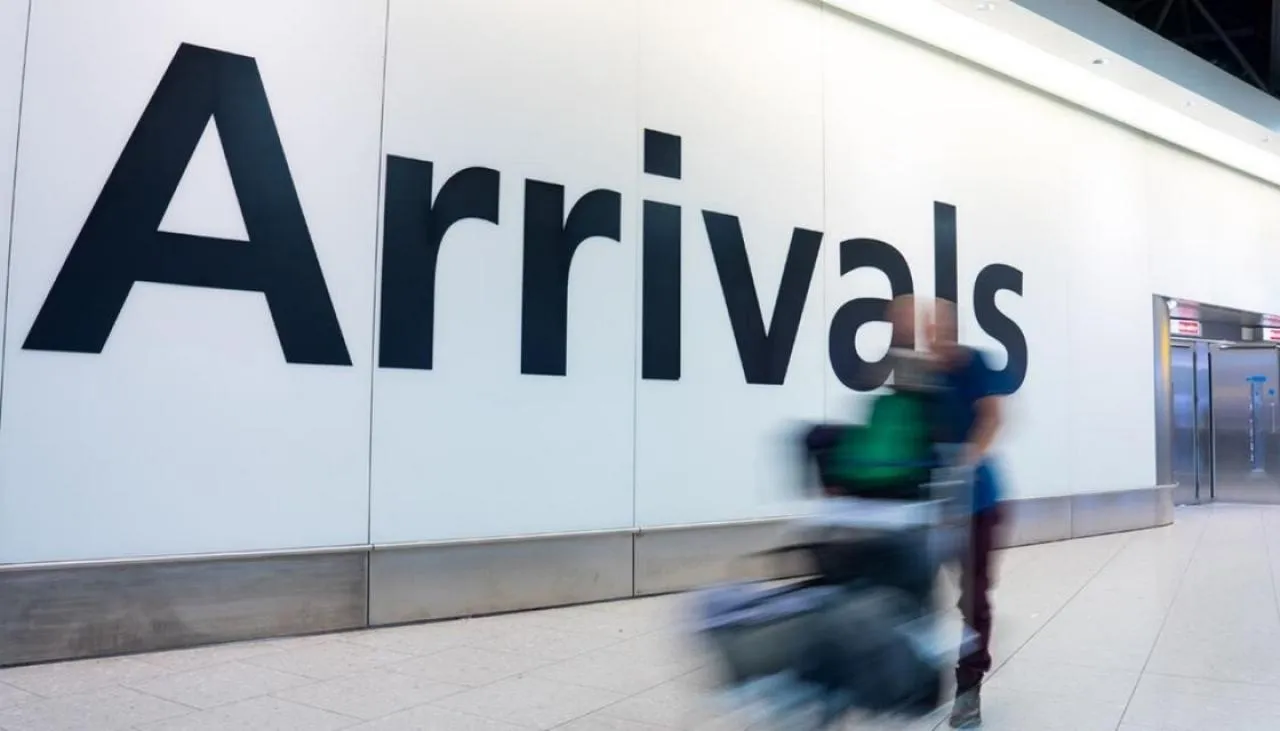Table of Contents
NZ Initiative
nzinitiative.org.nz
Wellington, 23 July 2020 – New Zealand needs to ‘raft up’ with other COVID-free countries while building stronger border capabilities, according to a new report by The New Zealand Initiative. And a voucher programme for helping returning Kiwis cover the cost of managed isolation could help New Zealand’s managed isolation system safely scale up.
The report Safe Arrivals begins from the principle that safe entry should be allowed and that risky entry must be made safe. It presents a clear pathway for the government to accommodate the return of Kiwis living overseas and others who may wish to join us on a user-pays basis.
While the country is now effectively free of the COVID-19 virus, with cases only in the country’s quarantine facilities, the pandemic rages abroad and is unlikely to abate anytime soon. Even if a vaccine is developed this year, scaling up its production will take time.
Author Dr Eric Crampton argues that the New Zealand border should be re-opened to travellers arriving from places that are similarly free of COVID-19 – like the Pacific Islands in the Realm and Taiwan – while all entry from other locations must be made safe.
“Many Kiwis live abroad and may choose to return home. The managed isolation and quarantine system must be able to scale up to accommodate those people along with potential non-citizen visitors from risky locations,” Dr Crampton said.
The report advises the Government to shift its current approach to a voucher system.
Under such a system, those wishing to come to New Zealand – citizens or not – would be required before boarding their flight to present clear proof of a confirmed booking in one of the approved managed isolation facilities.
If the traveller is an eligible returning Kiwi, they could then apply their voucher toward the full or partial cost of their stay in managed isolation. The value of the vouchers could be set at a level consistent with the cost of a stay at a basic facility.
Other non-citizen arrivals would need to bear the full cost of their stay.
Accommodation facilities would be free to set their own room fees, but the Government would charge each facility for the full cost of police, military and other staff involved with managing isolation.
Dr Crampton said this shift would make it far easier for returning Kiwis, and others, to manage their own arrivals while freeing the government of the burden of scrambling to place arriving visitors into scarce spaces in managed isolation. It would also encourage other facilities to shift into providing managed isolation services (under government oversight and supervision).
“The present system is strained and struggling to accommodate need. But it must scale up substantially if Kiwis abroad choose to exercise their right to return home,” he said.
Improving border protocols to allow for safe entry at scale would not only help those worst affected by the collective elimination efforts, it would open up opportunities that simply were not available in the pre-pandemic world.
“The wellbeing benefits of allowing families separated by borders to safely reunite are substantial. And rather than trying to estimate the extent of New Zealand’s likely economic losses from the COVID-19 crisis, a shift in border arrangements like this could lead to stronger economic opportunities for the Kiwis who continue to bear the costs of the pandemic,” Dr Crampton said.
Read more:
A copy of Dr Eric Crampton’s report Safe Arrivals is below.
The New Zealand Initiative is an evidence-based think tank and research institute contributing to public policy discussion.
If you enjoyed this article why not share it with a friend?









